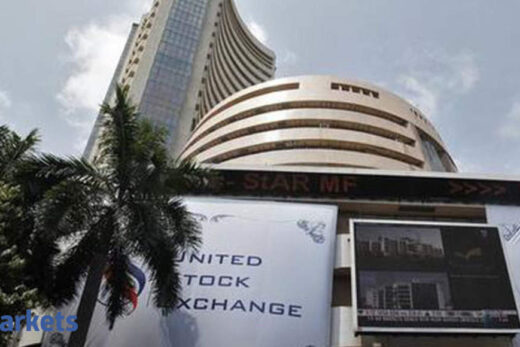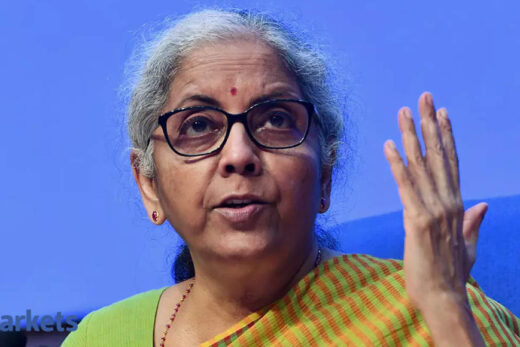The insurance regulator on Thursday directed insurance companies to take ‘appropriate action’ against network hospitals denying cashless facility to Covid-19 patients. The advisory came at a time when companies say they are seeing higher Covid-related claims because private hospitals are denying the cashless facility and are overusing antibiotics.
Union finance minister Nirmala Sitharaman too tweeted about this on Thursday evening saying: “Reports are being received of some hospitals denying cashless insurance. Spoken to chairman, Irdai SC Khuntia to act immediately. In March’20 Covid included as a part of comprehensive health insurance. Cashless available at networked or even temporary hospitals.”
She also said that as on April 20, nearly 9 lakh Covid-related claims have been settled by insurance companies for Rs 8,642 crore. “Even tele-consultations can be covered. Irdai shall direct companies to prioritise authorisations and settlements of Covid cases,” her tweet read.
Reports are being received of some hospitals denying cashless insurance. Spoken to Chairman, IRDAI Shri SC Khuntia… https://t.co/yJLYfoiNvF
— Nirmala Sitharaman (@nsitharaman) 1619098989000
The Insurance Regulatory and Development Authority of India (Irdai) circular reads: “Insurers shall ensure that where the policyholder is notified about availability of cashless facility at the empanelled network provider, the cashless facility at such network provider shall be made available to the policyholders in accordance with the terms and conditions of the policy contract and as per the terms agreed in SLA.”
Companies have also been told to ensure smooth availability of cashless facility.

A major grouse of the insurers is that hospitals charge different rates for Covid treatment across the country. Bhabtosh Mishra, director underwriting, products & claims at Max Bupa Health Insurance, pointed out that during the first wave, the average length of a Covid patient’s stay in hospital was around 10 days. It dropped to seven days by the end of December 2020.
“The average claims (in the first wave) used to be around Rs 1.3 lakh. However, in the second wave, while the average number of days of hospitalisation is still hovering around seven days, the claim size has increased to over Rs 1.4 lakh,” he added.
“For instance, unlike last year, we are seeing use of high-end antibiotics, like injection Meropenem and Targocid, without providing much justification of its use. This has led to an increase in the overall size of claims,” he said.
An official of an insurance company, who did not wish to be identified, said fraud claims management has also become a major issue as they have begun to see instances of false positive reports and cases of false hospitalisations.
“In times of Covid, it becomes very difficult to physically visit hospitals and verify cases where we have doubts,” the official said.
S Prakash, MD, Star Health and Allied Insurance said the lack of adherence to standardised treatment protocols is a major concern and this is not only burdening insurance players but patients as well.
The head of a general insurance player also pointed out that there is a lot of panic among people as a result of which many are occupying beds when they do not need to.
Another health insurance player’s official pointed out that they have come across cases where customers, despite sharing their single occupancy rooms with other patients due to lack of beds, were being charged single occupancy room rent, resulting in higher claims.
Even Sanjay Datta, chief-underwriting, claims and reinsurance, ICICI Lombard General Insurance, added that it is not only about high Covid claims. He said overall health insurance claims are rising because many who had postponed health procedures last year have started going for it.




